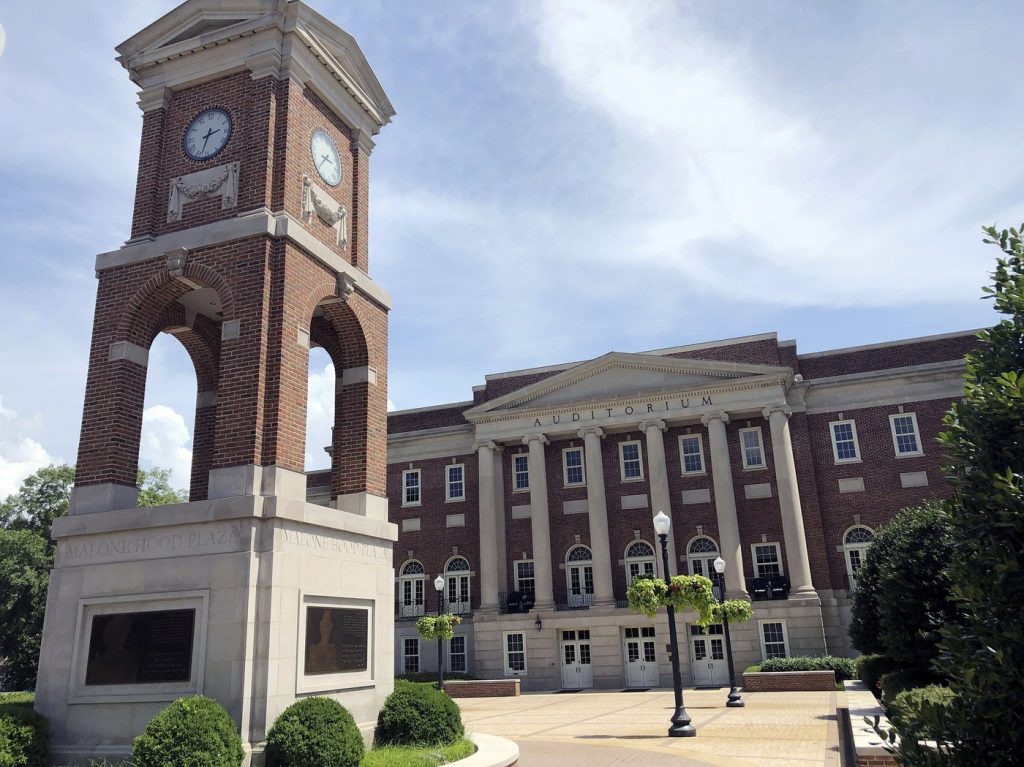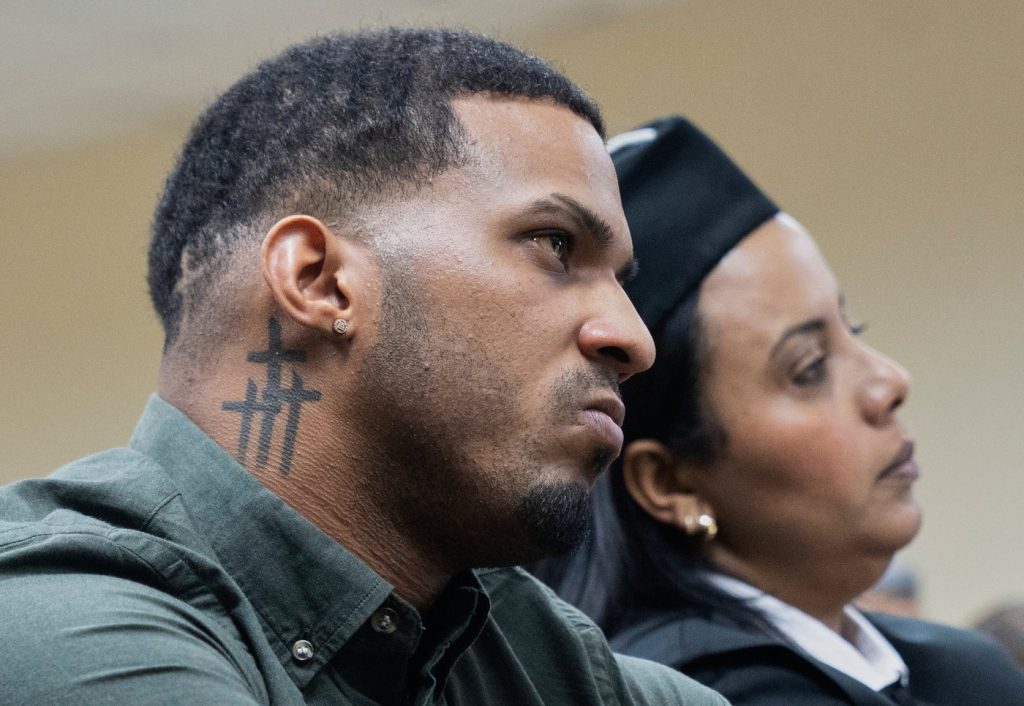BIRMINGHAM, Ala. (AP) — Professors and students at the University of Alabama expressed concerns on Thursday about a newly enacted anti-diversity, equity, and inclusion (DEI) law that they argue could jeopardize funding and alter the curriculum. This testimony occurs as a federal judge is deliberating the constitutionality of the legislation before the new academic year commences.
The new state law, SB129, follows a wave of similar proposals from Republican lawmakers nationwide aimed at DEI programs on college campuses. Numerous universities across the U.S. have either closed or rebranded their DEI offices and student affinity groups in response to these legislative efforts.
This law restricts public educational institutions from utilizing state funds for teaching curricula that endorse or compel agreement with eight so-called “divisive concepts” pertaining to race, religion, gender identity, and other identity issues. Additionally, instructors are barred from instilling feelings of guilt in individuals based on these identities. However, the law does permit schools to foster "objective" discussions surrounding these subjects.
Dana Patton, a political science professor at the University of Alabama, was among a group of six professors and students who filed a lawsuit against the university and Alabama Republican Governor Kay Ivey in January. They argue that the law violates the First Amendment by imposing viewpoint-based restrictions on educators’ speech. Furthermore, the lawsuit contends that the law targets Black students unconstitutionally by emphasizing race-related concepts and restricting beneficial programs for these students.
After the law took effect in October, Patton revealed that university officials informed her about five student complaints alleging that her interdisciplinary honors program, which emphasizes social justice and community service, conflicted with the new legislation.
During her testimony, Patton indicated that university officials suggested that a “powerful person” in the state Capitol was behind the students' complaints. The allegations claimed that the program promoted socialism and emphasized systemic racism and the nurturing of “engaged global citizens” over “patriotic Americans.” One complaint even stated that students felt “unsafe” due to the leadership’s “divisive perspective.” Patton expressed her shock at these grievances.
In the context of ongoing discussions about her course content, Patton had a conversation with Alabama Republican Representative Danny Garrett at a football game, where he remarked that “we need compromise here” because the legislators behind the complaints were deemed “tenacious” and would continue pursuing the matter. He referenced collaborative work he had done with Black Democratic legislators post-George Floyd’s death to address racial tensions. Patton described this conversation as feeling very much like a threat, especially since Garrett is the chair of the Alabama House Ways and Means Education Committee, which oversees university funding.
In response to concerns raised by the new law, Patton has since altered her syllabus, removing certain course materials and ceasing to post lecture slides online to avoid potential misinterpretations.
Jay Ezelle, the attorney representing the University of Alabama Board of Trustees, argued during cross-examination that the university is obliged to investigate student complaints regarding testing related to opinions rather than performance. He asserted that the law had not caused any tangible harm to the plaintiffs since no faculty members had been dismissed or formally disciplined, and that the university was securing private funding for some affinity groups, allowing them continued use of campus facilities.
Other professors have indicated that they, too, felt pressured to eliminate class assignments or discontinue certain courses as a response to both Patton’s experiences and formal warnings from the university regarding the risks of evaluating students on divisive concepts. Rising senior Sydney Testman shared that she lost her scholarship tied to her position at the now-terminated Social Justice Advocacy Council, stating, “No one wants to say it’s disproportionately affecting Black people. The vibes are kind of ‘everyone fend for yourselves.’”
U.S. Chief Judge R. David Proctor stated that the outcome of the case will hinge on whether classroom speech is protected under the First Amendment and whether the state possesses the authority to influence educational curricula. He will also assess whether the six students and professors involved in the lawsuit have experienced any harm due to the new law. Proctor committed to rendering a decision before the start of the school year to provide clarity on the matter.












